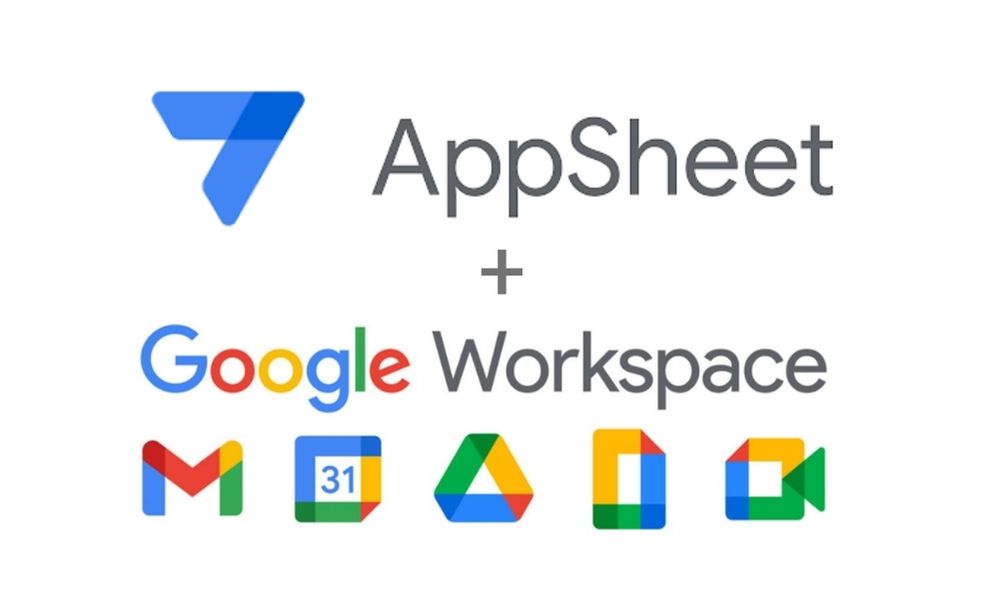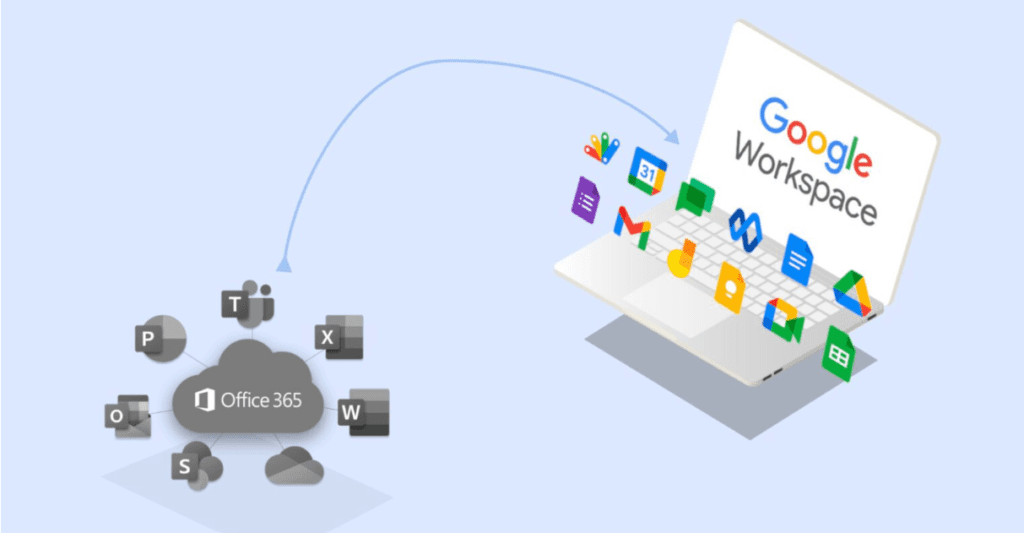In today’s digital era, businesses are faced with the challenge of choosing between mobile apps and web apps to cater to their customers’ needs. So, we have decided to draw the battleline here – it is a mobile app vs a web app. The rapid growth of smartphones and the internet has increased the demand for seamless mobile experiences. For any digital product, the native app vs mobile web argument is one that must be settled before development begins.
Table of Contents
ToggleCareful consideration of various factors, including user experience, functionality, development costs, and target audience. In this article, we will explore the advantages and disadvantages of both mobile apps and web apps. We would also be comparing the features and factors to help your decision-making process.
What is a Mobile Web App?
It does not matter which comes first, it could be mobile app vs web app or web app vs mobile app. The order does not really matter, what is important for us is to find the best option for your business. For a mobile web app, you are looking at an application specifically designed to run on mobile devices. It is accessed through a mobile browser and does not require installation from an app store. Mobile web apps are typically built using web technologies such as HTML5, CSS, and JavaScript. They offer cross-platform compatibility and can be accessed on different mobile devices, including smartphones and tablets, irrespective of the operating system.
Advantages of Mobile Web Applications
To help find the winner of the mobile app vs web app battle, we have to ask ourselves some questions. One of them would be what are some advantages of mobile web applications? The answer to this question is listed below;
1. Platform Independence: Mobile web apps are not limited to a specific operating system. They can be accessed through a mobile browser on any device, whether it’s an Android phone, iPhone, or Windows tablet. This broad compatibility ensures a wider reach and easier maintenance compared to native mobile apps.
2. No Installation Required: Unlike native mobile apps, users can access mobile web apps instantly without the need for downloading or installing anything. This eliminates the barrier to entry and allows users to engage with your app immediately.
3. Easy Updates: Mobile web apps are updated on the server side, which means users always have access to the latest version without needing to download updates from an app store. This simplifies the update process for both businesses and users, ensuring a consistent and up-to-date experience.
4. Cost-Effective Development: Developing a mobile web app typically requires a single codebase that can run across multiple platforms. This reduces development costs compared to building separate native apps for iOS and Android. Additionally, updates and bug fixes can be deployed more efficiently, further reducing development and maintenance expenses.
5. Search Engine Visibility: Mobile web apps can be indexed by search engines, making them more discoverable through organic search. This can lead to increased visibility, brand exposure, and potential customer acquisition.
What is a Native Mobile App?
We know what a web app is, and now we need to understand what a mobile app is. It takes u closer to finding out who comes out top in a mobile app vs web app match. A native mobile app is specifically designed and developed for a particular mobile operating system (e.g., iOS or Android). These apps are installed directly onto the user’s device through app stores like the Apple App Store or Google Play Store. Native apps are typically built using platform-specific programming languages and frameworks, such as Swift or Objective-C for iOS and Java or Kotlin for Android.
From the definition, we can point out a more stressful user journey as you would need to download. This, however, does not tell the true story of the epic native mobile app vs web app battle. There are advantages and disadvantages here too.
Advantages of Native Mobile Apps
The question here is similar to one we have asked before. What are some advantages of native mobile app? There are so many and below is a list of some that we find interesting and important;
1. Superior User Experience: Native mobile apps are optimized for specific platforms, providing a smooth and intuitive user experience. They can take advantage of the device’s hardware and features, such as camera, GPS, accelerometer, and push notifications, resulting in better performance and responsiveness. This becomes a point for native mobile apps in the mobile app vs web app digital war.
2. Enhanced Functionality: Native apps can access and utilize a wide range of device-specific features, APIs, and SDKs. This enables the integration of advanced functionalities, such as offline mode, access to contacts, and seamless social media sharing. These features can significantly enhance user engagement and satisfaction.
3. Enhanced Performance: Native apps are built to deliver high performance and responsiveness. They leverage the device’s processing power and utilize native UI components, resulting in faster load times, smoother animations, and overall improved performance compared to web apps.
4. App Store Exposure: Publishing your app on app stores exposes it to a vast audience of potential users. Users are more likely to discover and download apps from app stores, increasing your app’s visibility and potential for user acquisition.
5. Monetization Opportunities: Native apps provide various monetization opportunities, such as in-app purchases, subscriptions, and advertisements. These revenue streams can help businesses generate income directly from their app.
How Easy Is a Mobile App vs Web App?
The ease of development for mobile apps and web apps can vary based on several factors. This is another reason why picking who would win the mobile app vs web app match is hard. Mobile web apps, built using web technologies, are generally easier to develop compared to native apps. They can be created using familiar web development languages and frameworks, allowing developers to leverage their existing skill sets. Furthermore, maintaining a single codebase for multiple platforms simplifies the development process and reduces time and effort.
On the other hand, native mobile apps require expertise in platform-specific programming languages and frameworks. Developing a native app for both iOS and Android usually involves separate development efforts. This can increase development time and costs. However, frameworks like React Native and Flutter have emerged, enabling developers to build cross-platform native apps using a single codebase, which can streamline the development process.
Mobile App vs Web App: A Comparison
When you talk about web-based apps vs mobile apps, the easiest way to get a winner is a comparison. It is crucial to consider various factors and weigh their respective advantages and disadvantages. Here are some key points to consider:
1. User Experience: Native mobile apps typically offer a superior user experience due to their optimized design for specific platforms. However, modern web technologies, such as Progressive Web Apps (PWAs), have narrowed the gap by providing offline functionality and app-like experiences on the web.
2. Functionality and Performance: Native apps have the advantage of accessing device-specific features, resulting in enhanced functionality and performance. Web apps, while not as powerful, can still provide a satisfactory experience and can be improved using web APIs and emerging technologies.
3. Development Costs: Mobile web apps generally have lower development costs due to their cross-platform compatibility and easier maintenance. Native apps, especially those developed separately for multiple platforms, can be more expensive and time-consuming to build and maintain.
4. Accessibility: Mobile web apps have broader accessibility since they can be accessed through a browser on any device. Native apps, on the other hand, require users to download and install them from app stores, potentially limiting their reach.
5. App Store Exposure: Native apps benefit from the exposure and credibility that comes with being listed on app stores. This can contribute to increased visibility and user trust. Web apps, however, rely on other marketing channels and SEO strategies for discoverability.
Statistics for Mobile App vs Website Usage
Understanding the usage patterns and preferences of users can provide valuable insights into the effectiveness of mobile apps and web apps. Here are a few statistics that shed light on the mobile app vs. web app debate:
- According to a report by App Annie, global mobile app downloads exceeded 218 billion in 2022, indicating the continued growth and popularity of mobile apps.
- However, mobile websites still play a crucial role in customer engagement. Research by Statista suggests that mobile web traffic accounted for 53.3% of global website traffic in the first quarter of 2022.
- A survey conducted by comScore found that mobile apps dominate the time users spend on their smartphones. In the United States, app usage accounted for approximately 88% of total mobile minutes.
- Despite the dominance of mobile apps in terms of time spent, a study by Google found that 53% of mobile site visits are abandoned if a page takes longer than 3 seconds to load. This emphasizes the importance of optimizing mobile web experiences.
Mobile vs. Web App: Which is Better?
The choice between a mobile app and a web app depends on your business objectives, target audience, and the specific needs of your customers. When you are debating mobile web vs mobile app, the most important thing is your business. Consider the mobile application and web application differences and how they affect your business before deciding. Here are a few scenarios where one option might be more suitable than the other:
- If you require access to device-specific features or need to provide an immersive and optimized user experience, a native mobile app would be a better choice.
- If you need to reach a wide audience across multiple platforms without incurring high development costs, a mobile web app is a more feasible option.
- If your app requires frequent updates and you want to provide users with instant access to new features, a mobile web app simplifies the update process.
- If your app relies on offline functionality or needs to access the device’s hardware capabilities extensively, a native mobile app is the way to go.
Conclusion on Mobile App vs Web App
We said a lot of things but ultimately, mobile vs web app: which is better was the question that started it all. When deciding between a mobile app and a web app, it is crucial to consider your specific business needs, target audience, and budgetary constraints. Both options offer unique advantages and disadvantages, and the best choice depends on a careful evaluation of these factors. Remember, the ultimate goal is to provide your customers with a seamless, engaging, and user-friendly experience that aligns with your business objectives.
So in conclusion, we are saying there is no winner in the mobile app vs mobile web app battle. The true winner is you and your business as it determines the option you go for. Now, when this is settled, the next phase becomes one of the most important ones in your business. Developing the app with the option you have chosen is as important as picking the right option. This is where codematic comes in as we are the go-to agency for providing premium applications amongst other services. Codematic is trusted by a host of top brands around the world which brings us to one simple question. Whether it is a mobile app or a web app, why haven’t you chosen Codematic yet?



